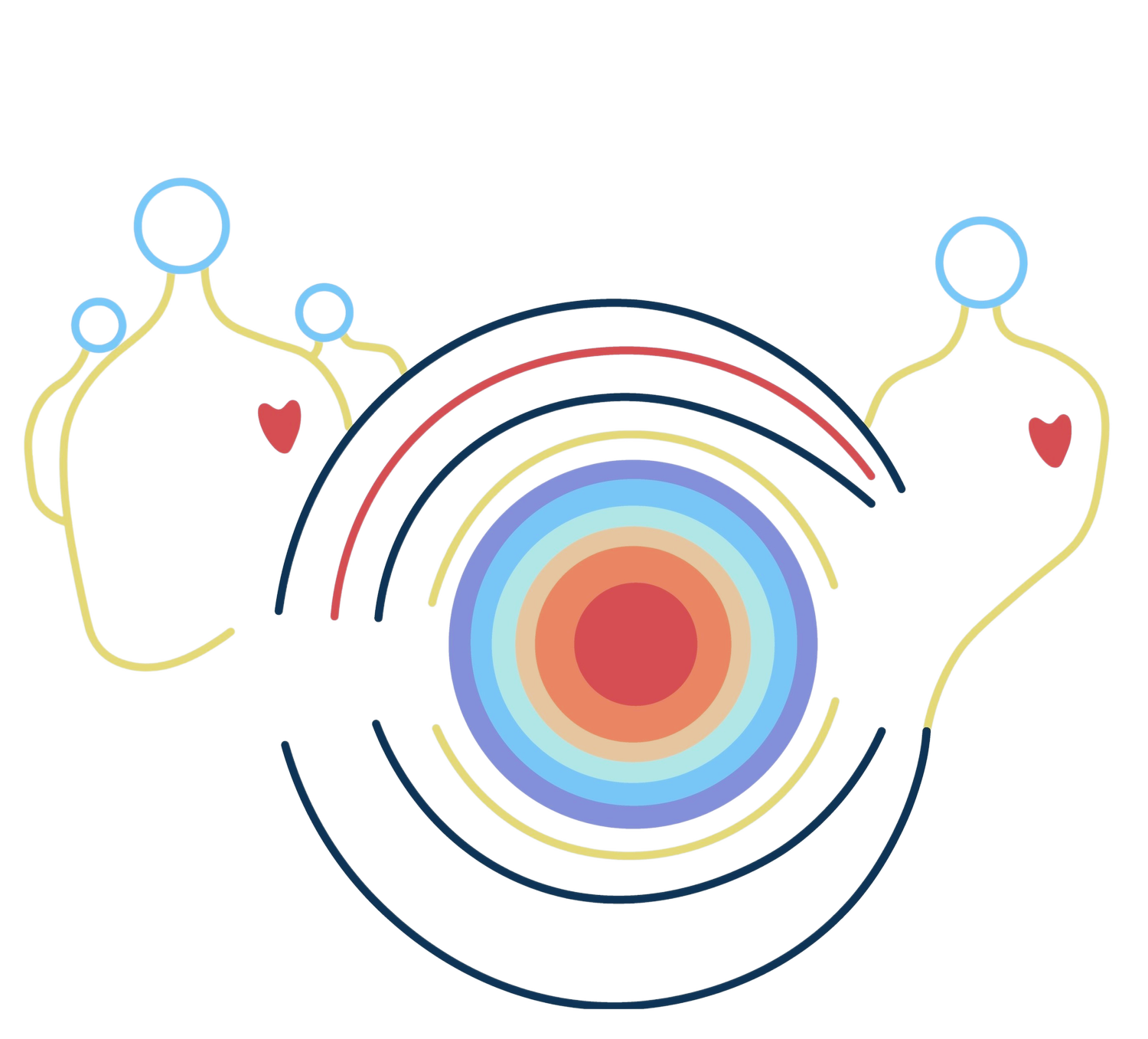when systems crossover: child protection and criminal justice
My reflection on system crossover
Lonely…
Disconnected…
Isolated…
Distrusting…
These are words used to describe young adults I have worked with who have been hurt by child welfare and criminal justice systems.
About a year ago, I began working as a Social Worker in Canada, at a provincial correctional facility for adults. Part of my job is to complete routine intake assessments with individuals who need support connecting to community resources upon their release from corrections. I was distressed to hear how many of these individuals grew up with some involvement in the child welfare system (group homes, foster care). Having never worked in the child welfare system, I was shocked by this crossover.
As I began my practicum placement with the CWTTC, I began to explore this topic of “crossover kids/youth” further. I reviewed a large amount of academic research on this topic and two common themes amongst this literature emerged. (1) Due to inadequate or non-existent records, it is difficult to provide exact statistics on the number of crossover youth and (2) although these two systems often serve the same youth, they do not work together.
With this learning and realization, I began to reflect on my own job and how I could do better to support these individuals. I realized that even in the general assessment I complete with clients, there are no questions that ask about previous involvement with child welfare systems. Knowing that the statistics on crossover youth are lacking, this would be one simple way to begin to collect numbers so we can better understand the full scope of this population. Aside from just numbers, asking these questions would also provide valuable insight into the lives of the individuals and the supports they may require.
As I get to know my clients better, it is clear for many that their involvement in the criminal justice system stemmed from trauma they experienced in childhood. For some this is due to being removed from their families and placed in foster care or group homes, for others it is due to living in poverty and their family not being able to access appropriate resources. For most, their involvement in the criminal justice system was punitive and expressions of trauma were criminalized.
Many of these individuals have been let down by social workers and systems. I often feel like I am just another social worker that is letting them down, simply because the resources they need are not available. Due to their criminal involvement and incarceration, the community resources they require are lacking, have huge waitlists or do not serve people who have been incarcerated. Many of the individuals I work with end up being released from custody into homelessness. This is just another system that has let them down and failed to offer them appropriate resources.
These young people are often isolated and have limited connections to family. They struggle to trust people and have a hard time asking for and accepting help. Knowing their history and what they have gone through, this all makes complete sense. They previously put their hope and trust in systems, and had their trust broken – over and over and over again.
At times I feel hopeless that I cannot change these broken systems, and I ask myself, what can I do?
I can meet everyone with kindness.
I can advocate for clients who feel like they do not have a voice or have never been listened to.
I can continue to advocate for systemic change and more resources.
I need to listen to the voices of those who have been silenced and ignored.
I need to build meaningful relationships and be honest with people.
This may never be enough to change these systems, but hopefully I can be a trusting support for people who have experienced so much pain and mistrust.
